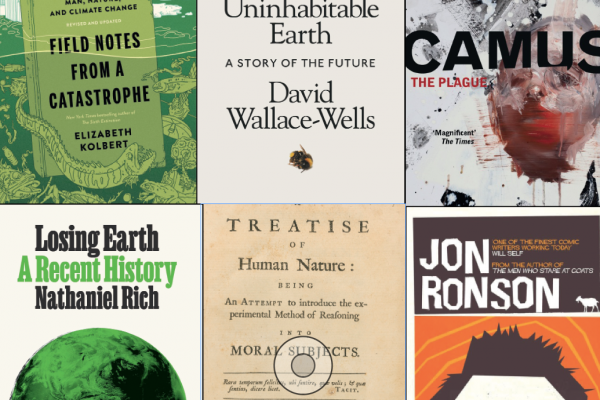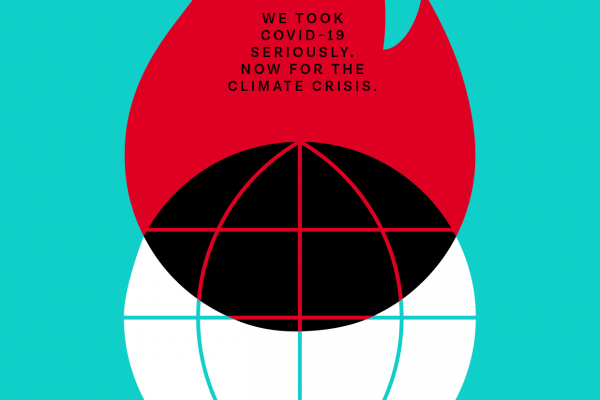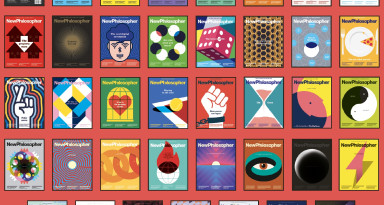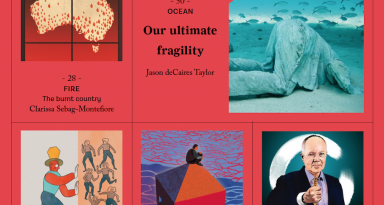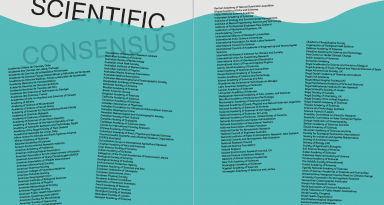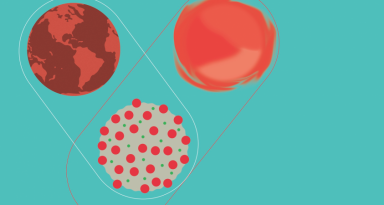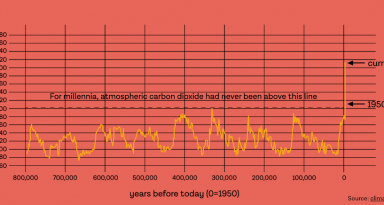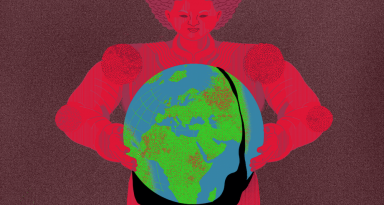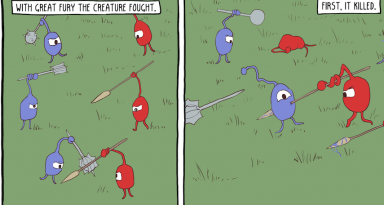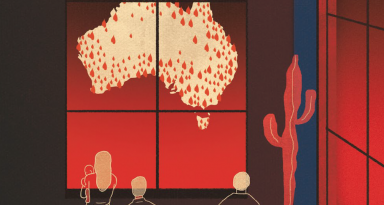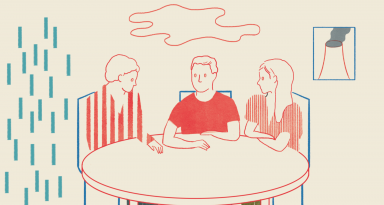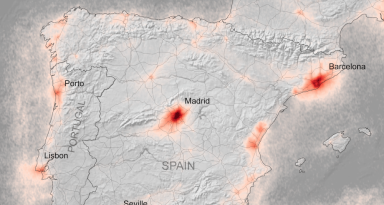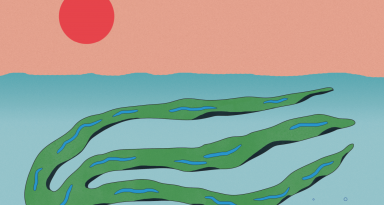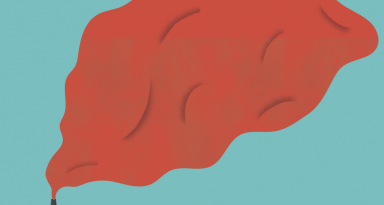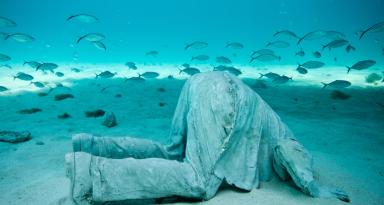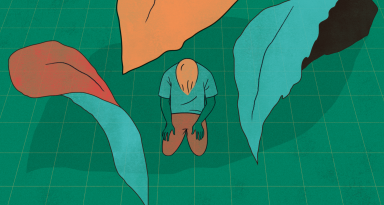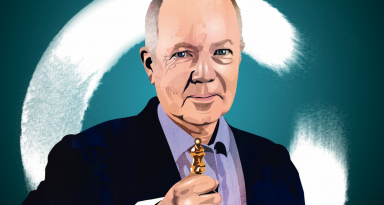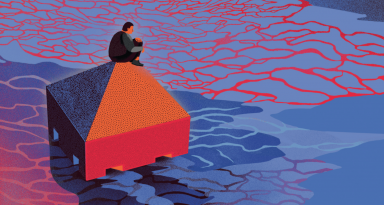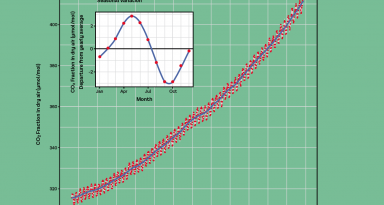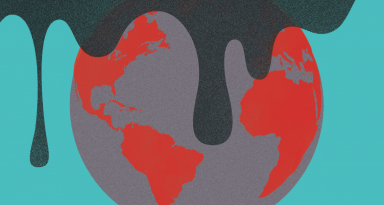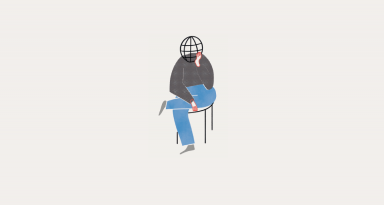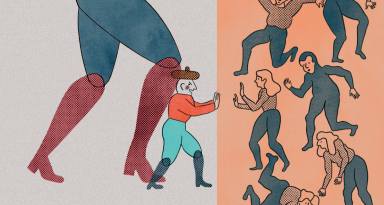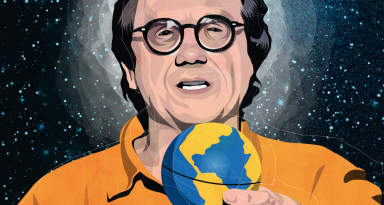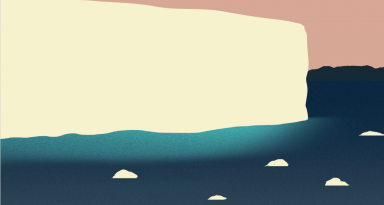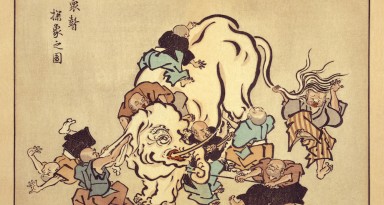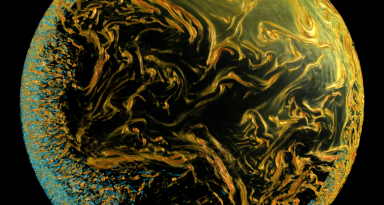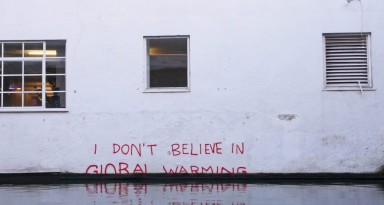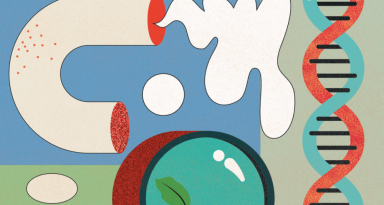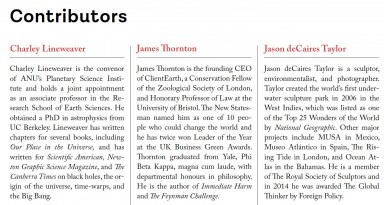Food for thought from the New Philosopher library. We discover books that can change the way you view the world.
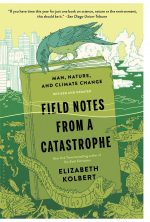 Field Notes from a Catastrophe
Field Notes from a Catastrophe
Elizabeth Kolbert
In the same way that global warming has gradually ceased to be merely a theory, so, too, its impacts are no longer just hypothetical. Nearly every major glacier in the world is shrinking; those in Glacier National Park are retreating so quickly it has been estimated that they will vanish entirely by 2030. The oceans are becoming not just warmer but more acidic; the difference between daytime and nighttime temperatures is diminishing; animals are shifting their ranges poleward; and plants are blooming days, and in some cases weeks, earlier than they used to. These are the warning signs that the Charney panel cautioned against waiting for, and while in many parts of the globe they are still subtle enough to be overlooked, in others they can no longer be ignored.
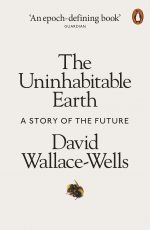 The Uninhabitable Earth
The Uninhabitable Earth
David Wallace-Wells
The Earth has experienced five mass extinctions before the one we are living through now… Unless you are a teenager, you probably read in your high school textbooks that these extinctions were the result of asteroids. In fact, all but the one that killed the dinosaurs involved climate change produced by greenhouse gas. The most notorious was 250 million years ago; it began when carbon dioxide warmed the planet by five degrees Celsius, accelerated when that warming triggered the release of methane, another greenhouse gas, and ended with all but a sliver of life on Earth dead. We are currently adding carbon to the atmosphere at a considerably faster rate; by most estimates, at least ten times faster.
 The Plague
The Plague
Albert Camus
By the force of things, this last remnant of decorum went by the board, and men and women were flung into the death-pits indiscriminately. Happily, this ultimate indignity synchronised with the plague’s last ravages. … So long as the epidemic lasted, there was never any lack of men for these duties. The critical moment came just before the outbreak touched the high-water mark, and the doctor had good reason for feeling anxious. There was then a real shortage of man-power both for the higher posts and for the rough work.
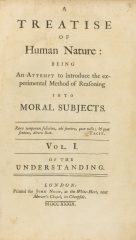 A Treatise of Human Nature
A Treatise of Human Nature
David Hume
Men are also vain of the temperature of the climate, in which they were born; of the fertility of their native soil; of the goodness of the wines, fruits or victuals, produced by it; of the softness or force of their language; with other particulars of that kind. These objects have plainly a reference to the pleasures of the senses, and are originally considered as agreeable to the feeling, taste or hearing. How is it possible they could ever become objects of pride, except by means of that transition above-explained?
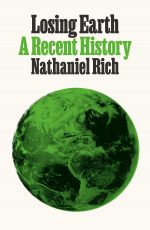 Losing Earth
Losing Earth
Nathaniel Rich
Nearly everything we understand about global warming was understood in 1979. It was, if anything, better understood. Today, almost nine out of ten Americans do not know that scientists agree, well beyond the threshold of consensus, that human beings have altered the global climate through the indiscriminate burning of fossil fuels. But by 1979 the main points were already settled beyond debate, and attention turned from basic principles to a refinement of the predicted consequences. Unlike string theory and genetic engineering, the “greenhouse effect” – a metaphor dating to the early twentieth century – was ancient history, described in any intro-to-biology textbook.
 The Psychopath Test
The Psychopath Test
Jon Ronson
“How did they diagnose you?” I asked.
“They give you a psychopath test,” said Tony. “The Robert Hare Checklist. They assess you for 20 personality traits. Superficial charm. Proneness to boredom. Lack of empathy. Lack of remorse. Grandiose sense of self-worth. That sort of thing.
“For each one they score you a 0, 1 or 2. If your total score is 30 or more out of 40, you’re a psychopath. That’s it. You’re doomed. You’re labelled a psychopath for life. They say you can’t change. You can’t be treated. You’re a danger to society. And then you’re stuck somewhere like this.”
